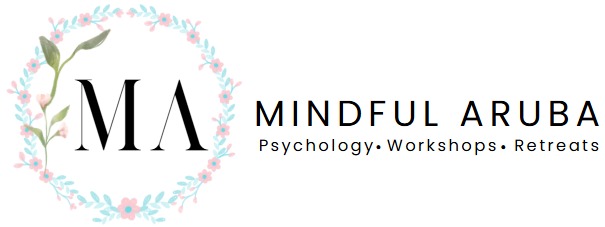Wellness in your company isn’t some luxury you keep in the background – it’s just as essential as managing your budget, nailing your accounting, or keeping clients happy. Think about it: who does all that work? Your people. When the humans providing the service are well, feeling good, and not totally drained, everything else functions better. It’s that simple.
It’s The Engine, Not The Extra
As a smart leader, you understand numbers. So, let’s talk about the real value here. Investing in a solid wellness program isn’t spending money; it’s protecting your greatest asset – your team’s ability to perform.
What this really means is that when you help your employees be happier and more peaceful at work, you start seeing some huge benefits:
- Less Burnout, Less Absenteeism: When folks have tools to deal with stress, they take fewer sick days. They stay in their roles longer, which saves you a ton of cash and time you’d waste on constantly hiring and training new people. This return on investment is often missed, but it’s massive. Think of the lost institutional knowledge when a top performer leaves because they are too drained to stay. A focus on wellness cuts that down.
- Better Communication: Tired, stressed people snap at each other. People who are well are better listeners and communicate more clearly. This reduces office drama and friction between teams and makes the whole workday a lot smoother. Fewer misunderstandings mean projects move faster, and less time is spent mediating conflict.
- Stronger Teams: Wellness helps your team mix cultures positively and feel connected. It builds a sense of belonging, and a team that feels good together is a team that’s motivated and engaged. When people feel safe and supported, they are much more willing to collaborate and take creative risks, which is where true innovation comes from.
Giving People the Right Tools
So, this isn’t about giving everyone a fitness tracker. A real, effective wellness program gives your team practical skills they can use every day. It’s about empowering them to live a happier, more peaceful work life overall.
Let’s break it down – this is about giving them the best equipment for their minds:
- Workshops and Retreats: Dedicated time for things like learning stress management, setting better personal boundaries, or communicating their needs constructively. These are life skills that immediately translate into better work habits. This isn’t just a day off; it’s training in personal and professional resilience. It’s about giving them tools to understand themselves, so they can function more effectively in the team.
- Manager Support: We gotta help the managers too! Improving the relationships between managers and teams helps people feel supported and lets them manage their work autonomously. That’s a huge plus for morale. When managers know how to spot burnout signs and talk about mental health without being awkward, it changes the entire dynamic of the department.
- Self-Understanding: Through things like one-on-one sessions or trainings, people gain tools to understand themselves better. This makes them more resilient and focused. Wellness is really about giving them the power to control their own well-being, which leads to them being more responsible and engaged with their work. They learn to set the boundaries that protect their peace, so they can deliver high-quality work without constantly sacrificing themselves.
You wouldn’t ask your developers to work with ancient computers. Why ask your entire staff to operate on empty, running on stress and coffee? Giving them tools for their well-being is the most important investment you can make in your company’s future capability. It helps your teams stay motivated and truly engaged.
The result is a business where things function smoothly, sustainably, and with long-term impact. Wellness is the foundation. It’s not an extra; it’s just the smart way to run a company. It ensures things don’t just function, but that they thrive. This is how you build a business that lasts.
What sort of small steps do you think your team could take next week to focus on their well-being?



0 Comments